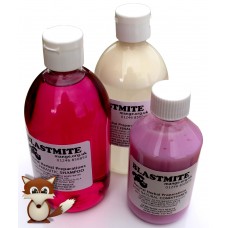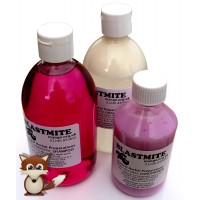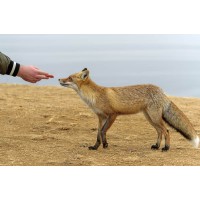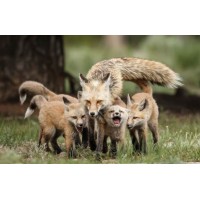5L Blast-Mite Conditioner. The leading herbal protection against fleas. Blastmite has revolutionised flea control for dog and bird owners by offering an alternative to insecticidal products. One bottle of concentrate makes an astounding 25 litres of repellent, which can be used either as a final rinse after shampoo or as a grooming spray. Blastmite will protect against fleas, mite, ticks and lice, and can also be used for personal protection against midges, mosquitoes etc. The lanolin in Blastmite will also help maintain the quality of the coat.
Blast-Mite Conditioner 5Ltr
- Brand: Folklore Practice
- Product Code: blastc5L
- Availability: 100
-
£54.95
Related Products
Fox Beanie Plush Keyring x12
Pack of 12 Fox Beanie wildlife keyring, approx 80mm CE Mark. Cute and cuddly, everyone will love ..
£17.99 £18.99
Blastmite Dog Flea Mite Final Rinse 5L
5L Blast-Mite Final Rinse. The leading herbal protection against fleas. Blastmite has revo..
£65.95
Blastmite Dog Flea Mite Shampoo 5L
5L BLAST-MITE shampoo A hypoallergenic shampoo for routine use - contains herbal insect repellents. ..
£59.95
Related Articles
Feeding foxes
- 25/11/2021
- 0 reviews
If you want to feed foxes but not the local cat population then try these suggestions, cat or dog food sandwic...
Read MoreFox Information
- 25/11/2021
- 0 reviews
The fox is at the top of it’s food chain and has never naturally been hunted. It’s survival depends upon the a...
Read MoreFox mortality
- 25/11/2021
- 0 reviews
Humans are the chief factor in fox mortality. Snaring, fox control programs, and hunting with hounds readily c...
Read MoreDog Four Seasons Wormer
- 08/12/2021
- 0 reviews
Four Seasons Fox, Canine & Feline Anti-Parasitic tincture (can also be used on Rabbits) Conventional chem...
Read MoreTags: blastmite, flea control, conditioner, shampoo, final rinse











